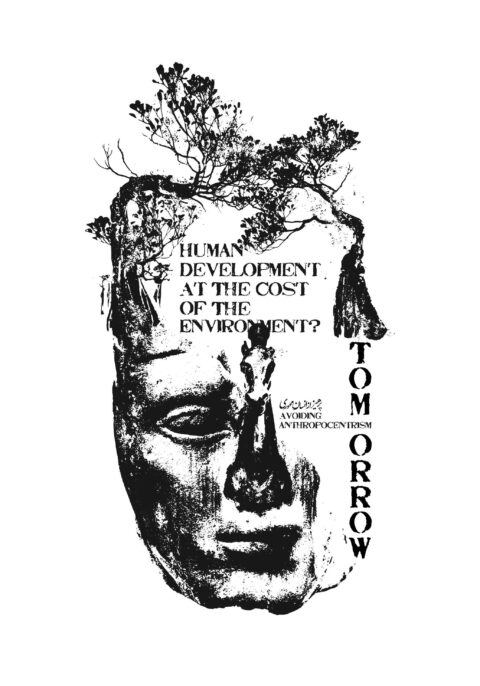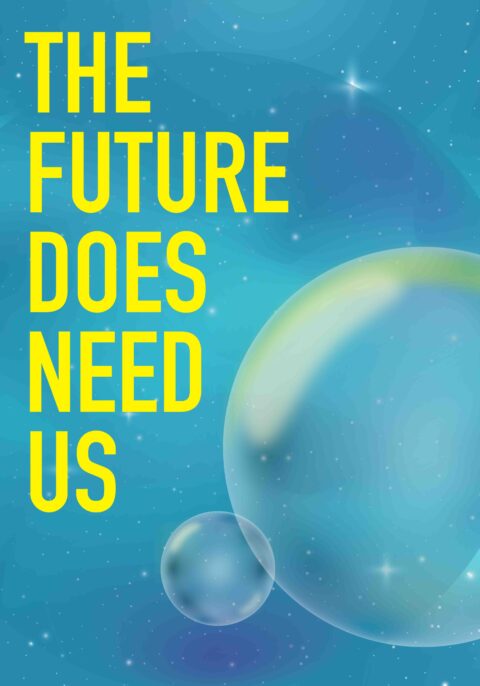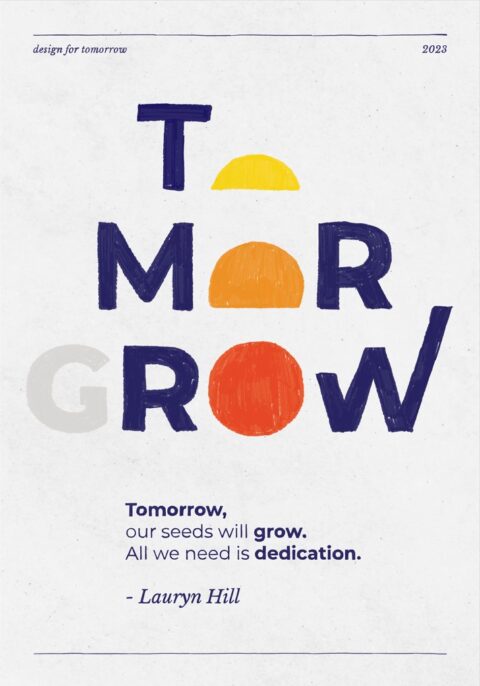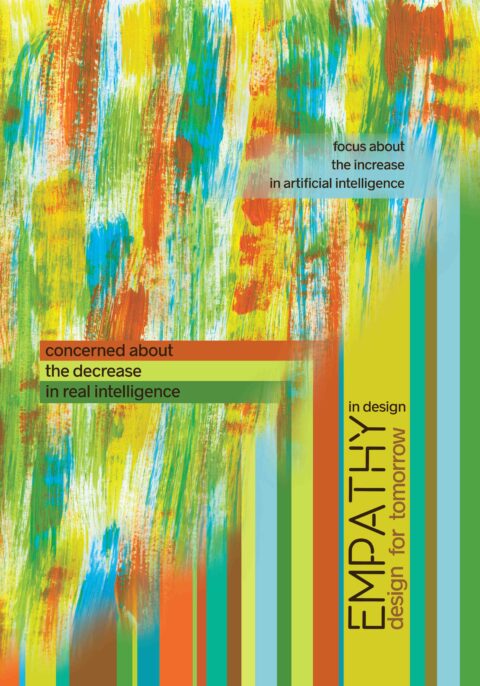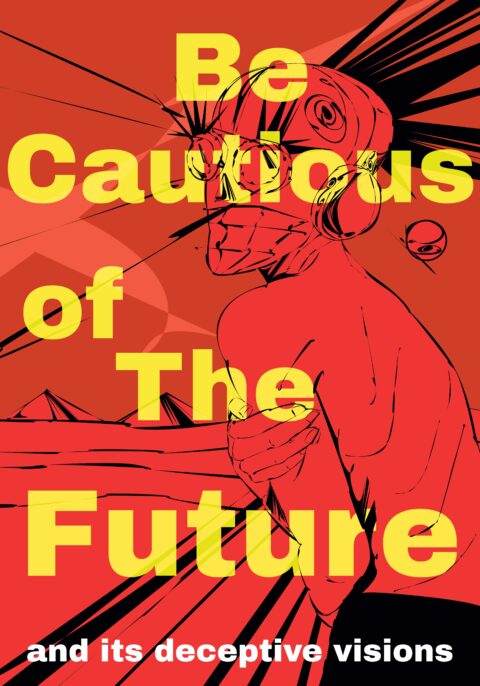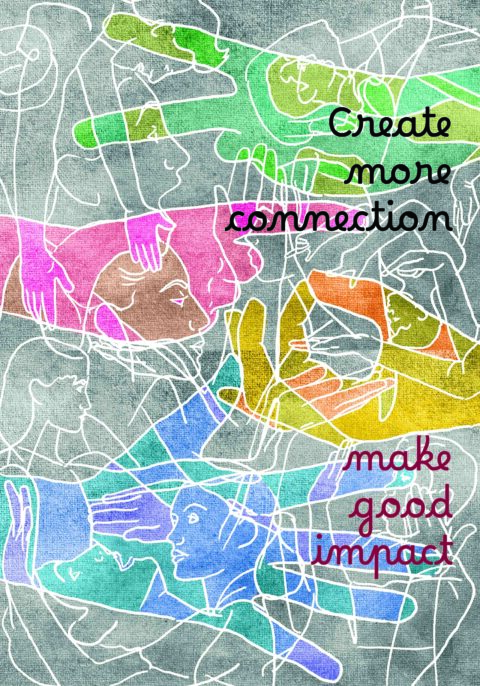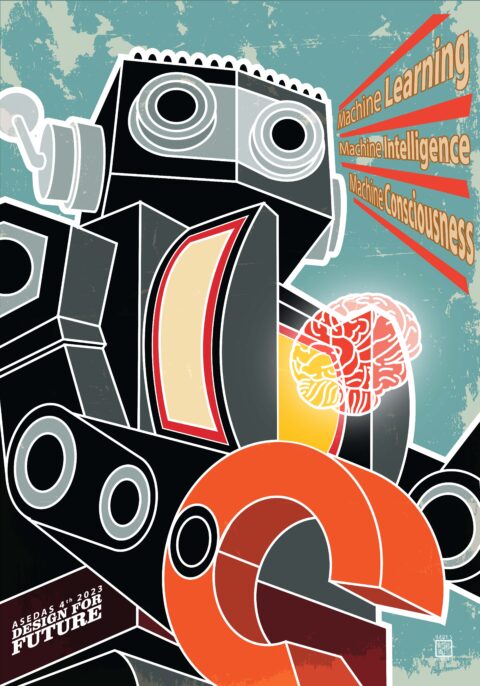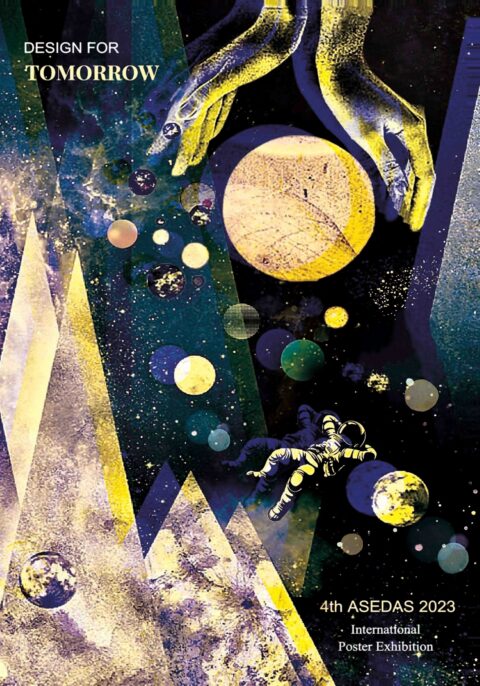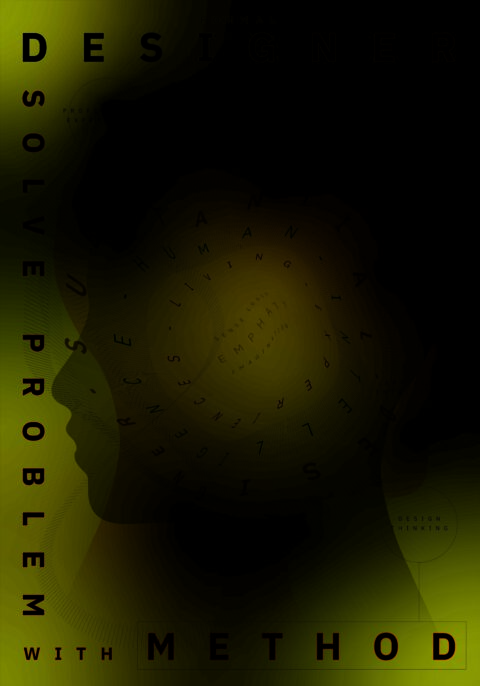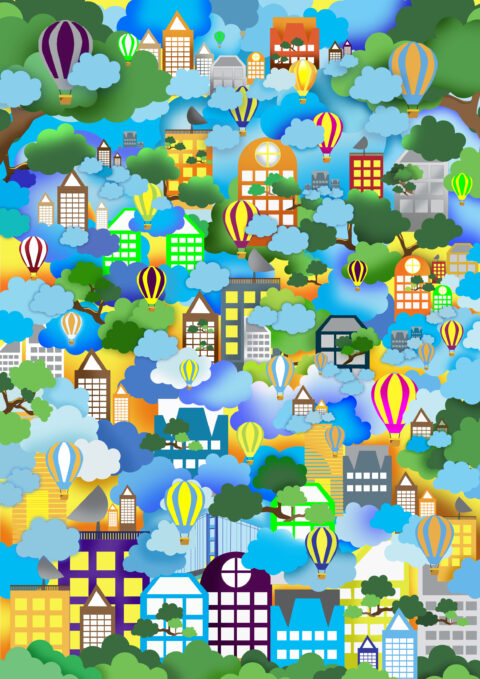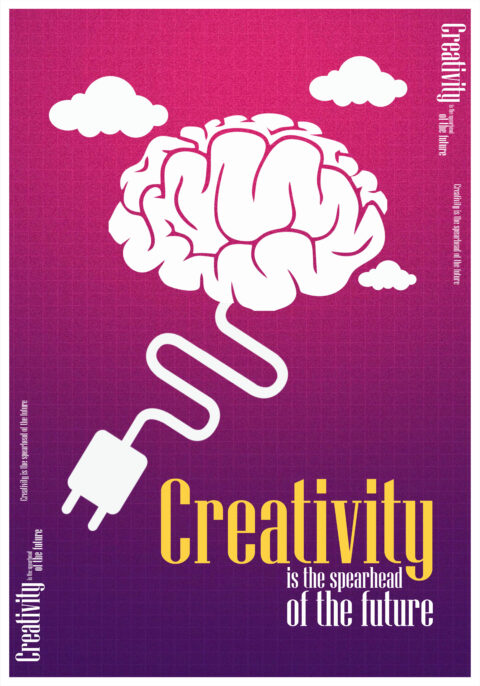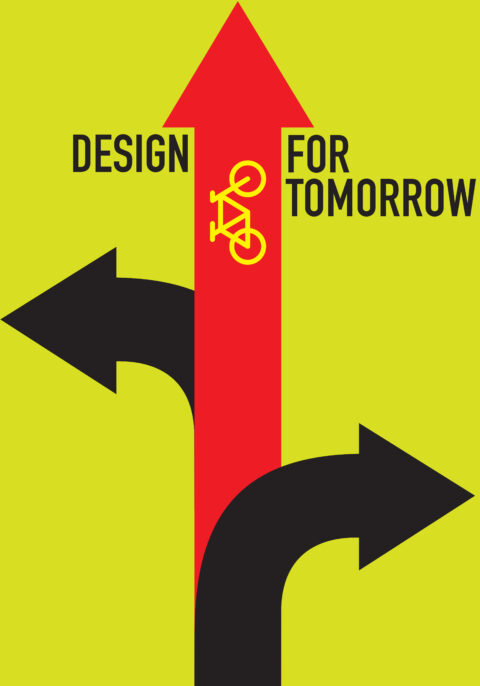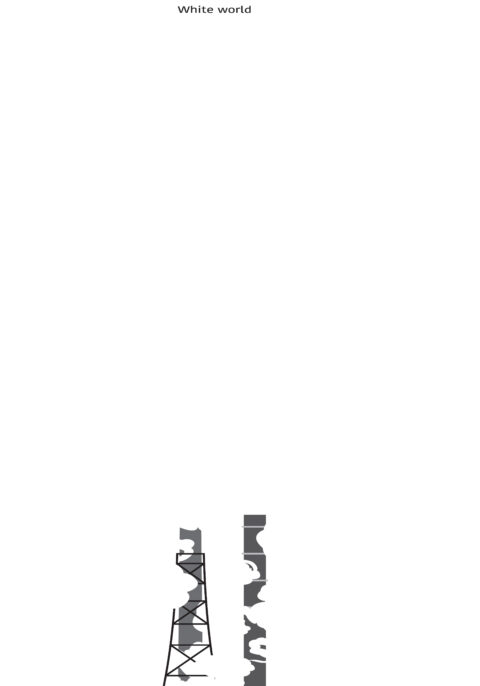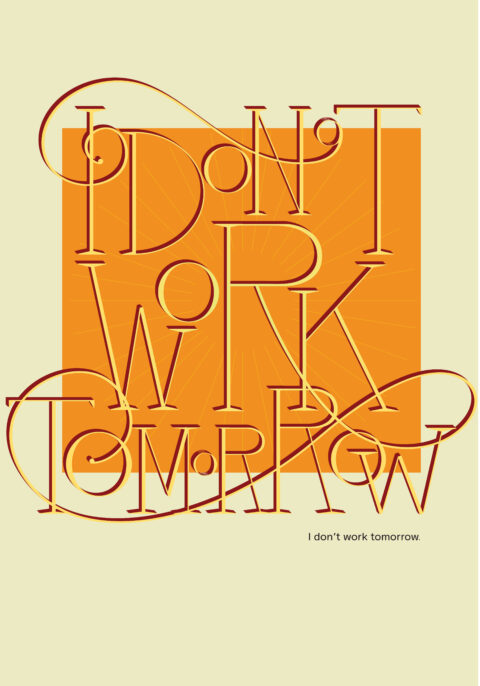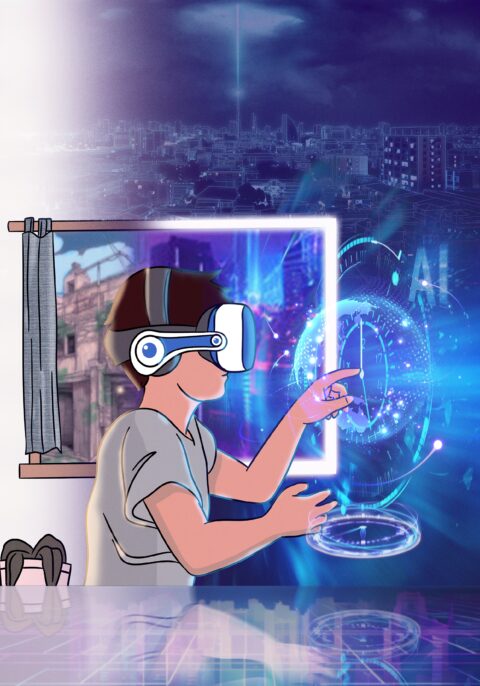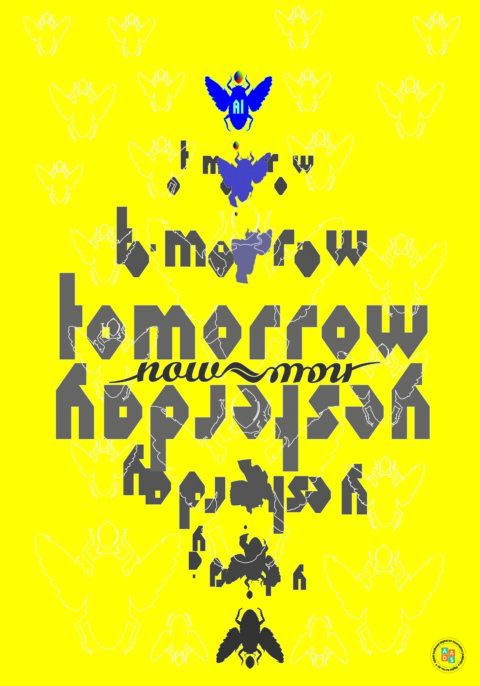“The Black Swan”
Tomorrow and the future is a vast and mysterious landscape, shaped by countless variables and factors that often elude our understanding. In the realm of uncertainty lies the concept of the "Black Swan," a term popularized by the Lebanese-American scholar Nassim Nicholas Taleb. The Black Swan represents events that are highly improbable, unforeseen, and have a profound impact on our lives and the world at large.
These rare and unpredictable occurrences can disrupt the established order, redefine norms, and leave lasting consequences. While we attempt to make sense of the past and project into the future, the Black Swan reminds us that our knowledge is limited, and our predictive abilities are flawed.
Throughout history, Black Swan events have been game-changers, altering the course of nations, economies, and societies. Technological advancements, geopolitical shifts, natural disasters, pandemics, and financial collapses are all examples of Black Swan events that have reshaped the world and challenged our assumptions.
In today's interconnected and fast-paced world, the potential for Black Swans looms ever larger. The rapid acceleration of technology, the emergence of new geopolitical powers, and the complex interplay between global challenges like climate change and cybersecurity make the future even more uncertain.
As individuals, organizations, and societies, we must adapt to this inherent uncertainty by fostering resilience, agility, and openness to change. Embracing innovation and cultivating a mindset that anticipates the unexpected can better prepare us for the impact of Black Swan events.
While we cannot predict or prevent these rare events, we can develop the ability to respond and recover from them. By diversifying our perspectives, seeking multiple sources of knowledge, and nurturing a culture of learning and adaptation, we can increase our capacity to navigate the unknown.
The Black Swan serves as a powerful reminder that humility and caution are warranted in our endeavors to foresee the future. Instead of relying on rigid models and forecasts, we must acknowledge the limits of our knowledge and embrace uncertainty as an intrinsic aspect of life.
By embracing uncertainty, we can become more resilient, creative, and resourceful in the face of the unforeseen. It is through these adaptive qualities that we can navigate the ever-changing currents of the future, no matter how unpredictable it may be, and emerge stronger and wiser from the challenges that lie ahead.
By: Arkadiusz Marcinkowski | Poland



